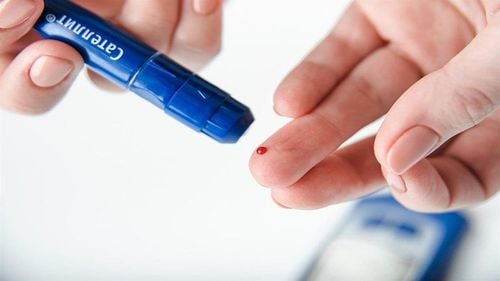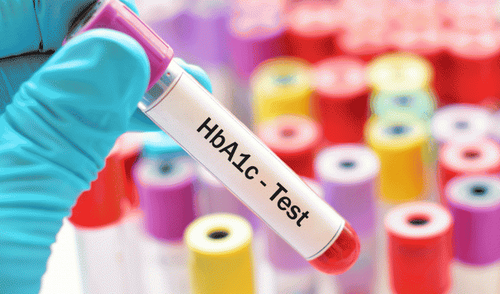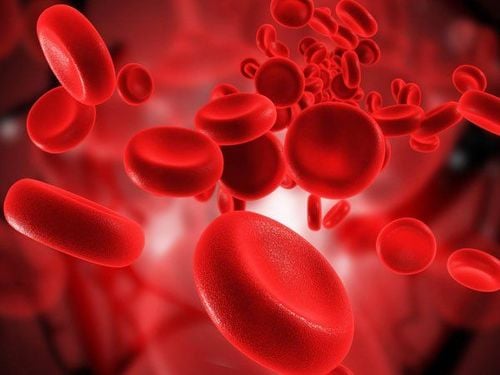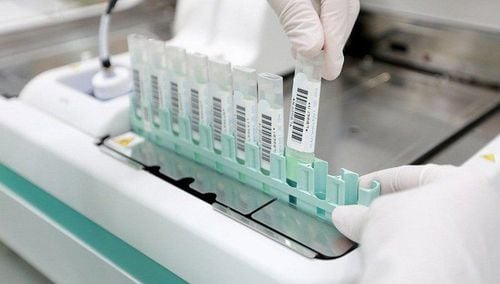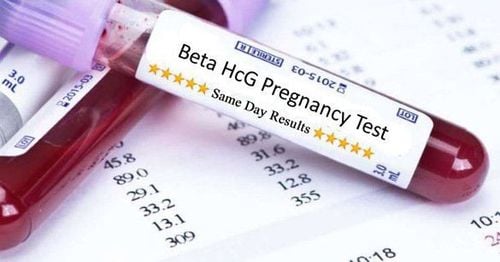This is an automatically translated article.
The article was written by Assoc. Prof. TS.BS Nguyen Gia Binh - Deputy Head of Laboratory Department - Head of Department of Biochemistry - Immunology and Master, Doctor Tran Quynh Trang, Laboratory Department - Vinmec Times International General Hospital City.Biochemical tests are widely used in medicine for diagnosis, prognosis, monitoring treatment, and screening. HIV test does not belong to Biochemistry test but belongs to Microbiological test.
1. Significance of biochemical test for clinical
1.1 For diagnosis For example, increased levels of plasma activity of certain enzymes of cellular origin may allow the diagnosis of corresponding organ damage: myocardial infarction, hepatitis, inflammation pancreas, muscle damage...
Or to diagnose diabetes, it is necessary to first determine blood sugar (increased), urinary tract. Determining acid-base states requires parameters of acid-base balance such as pO2, pCO2, pH or determining water-electrolyte disturbances requires ionogram tests such as Na, K, Ca.
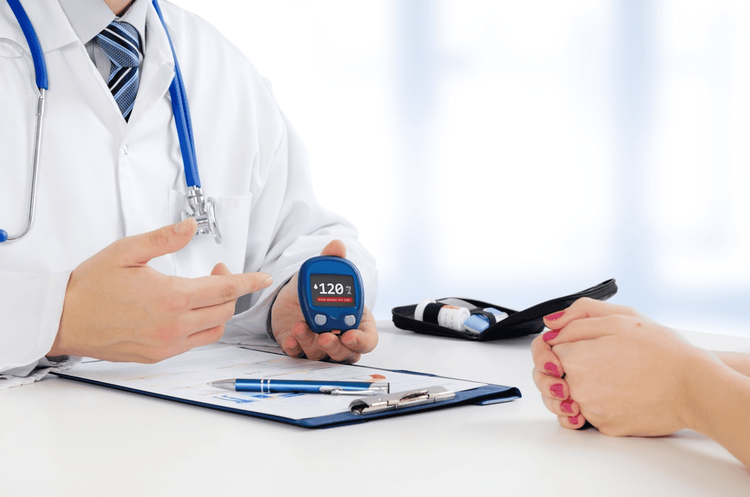
Xét nghiệm hóa sinh được ứng dụng trong chẩn đoán bệnh lý tiểu đường
Contributing to the diagnosis: Biochemical tests contribute to the diagnosis i.e. doctors make a diagnosis based on the analysis and synthesis of clinical symptoms and various laboratory tests eg. such as urea, creatinine, uric acid in kidney diseases, hormones in endocrine diseases...
Differential diagnosis: in patients with the same clinical picture as the same jaundice but it may be due to jaundice biliary obstruction, possibly due to viral hepatitis and will have different treatment measures, so different tests such as ALT, AST, GGT, ALP, Bilirubin are required. Early diagnosis: like viral hepatitis, there is no jaundice in the incubation period but very high ALT levels or cancer markers.

Chỉ số men gan tăng cao trong xét nghiệm hóa sinh
1.2. Evaluation of organ function and prognosis For example, creatinine clearance assesses the degree of renal failure, if it is gradually decreasing, the prognosis is poor.
1.3. Monitoring of treatment and after treatment In the treatment of patients with fatty kidney disease, it is necessary to monitor proteinuria. In alcoholic patients, monitoring of the GGT test is required. Ionogram tests to help treat electrolyte disorders.
For cancer patients who need to monitor cancer markers, for example, patients with thyroid cancer after surgery and I-131 treatment need to monitor TG test to see if thyroid cancer has recurred.
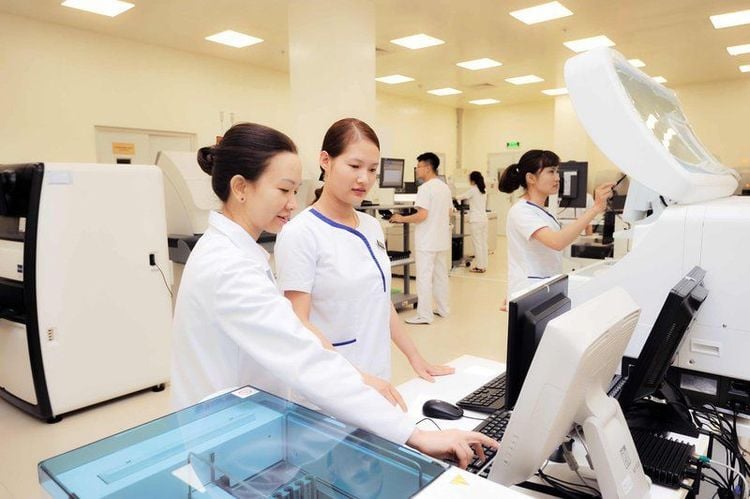
Xét nghiệm sinh hóa miễn dịch cần được thực hiện tại cơ sở y tế uy tín
1.4 Disease screening and disease risk In patients with hepatitis B virus, it is necessary to regularly monitor enzymes such as AST, ALT to see if there is liver damage or not. Or patients with chest pain should immediately test Troponin T or Troponin I and CK MB to see if there is a risk of myocardial infarction or not.
Vinmec International General Hospital is one of the hospitals that not only ensures professional quality with a team of leading medical doctors, modern equipment and technology, but also stands out for its examination and consultation services. comprehensive and professional medical consultation and treatment; civilized, polite, safe and sterile medical examination and treatment space. Customers when choosing to perform tests here can be completely assured of the accuracy of test results.

Vinmec đã trở thành địa chỉ khám chữa bệnh tin cậy của đông đảo người dân Việt Nam
Customers can directly go to Vinmec Health system nationwide to visit or contact the hotline here for support.
References source:
Clinical Biochemistry - Do Dinh Ho - Medical Publishing House - 2005 Biochemistry - Training book for General Practitioners - Nguyen Nghiem Luat - Medicine Publishing House - 2007 Clinical Laboratory Diagnostics- Lothar Thomas- First Edition- Germany
MORE:
Biochemical tests to identify acute hepatitis B Meaning of blood biochemical test indicators Meaning of blood and urine tests in the health examination package general well-being





